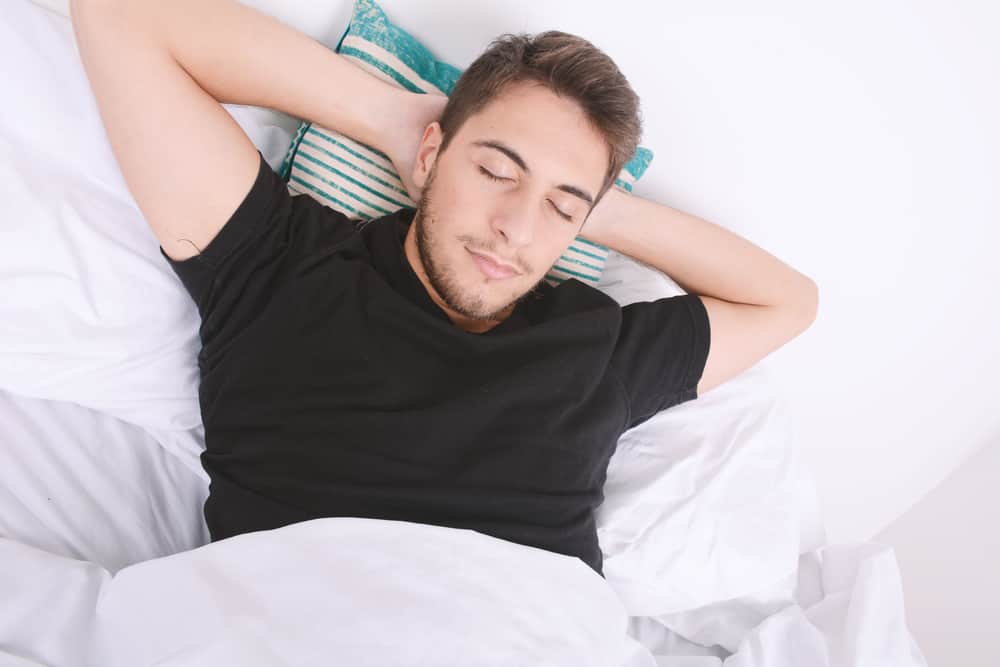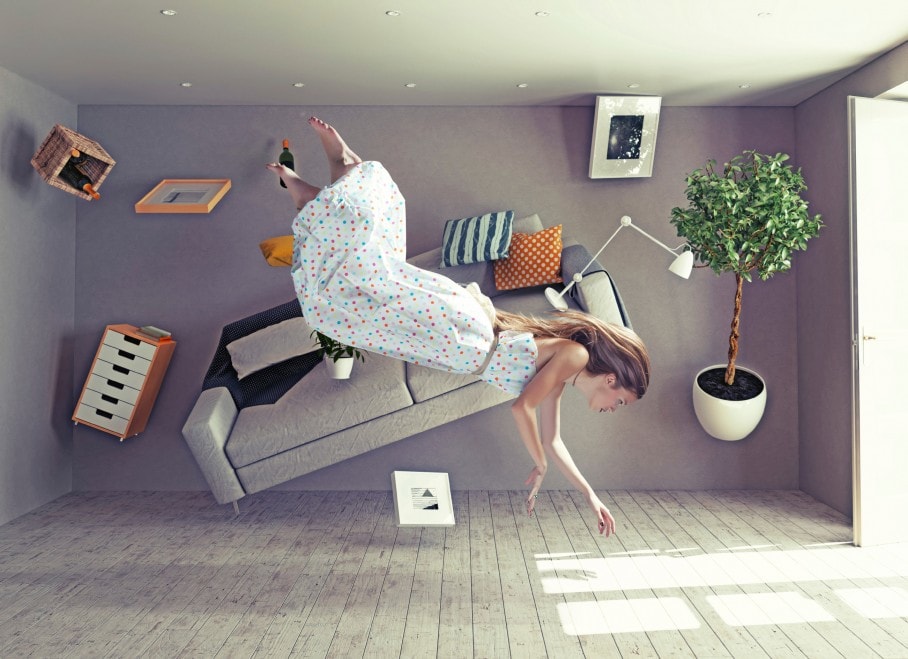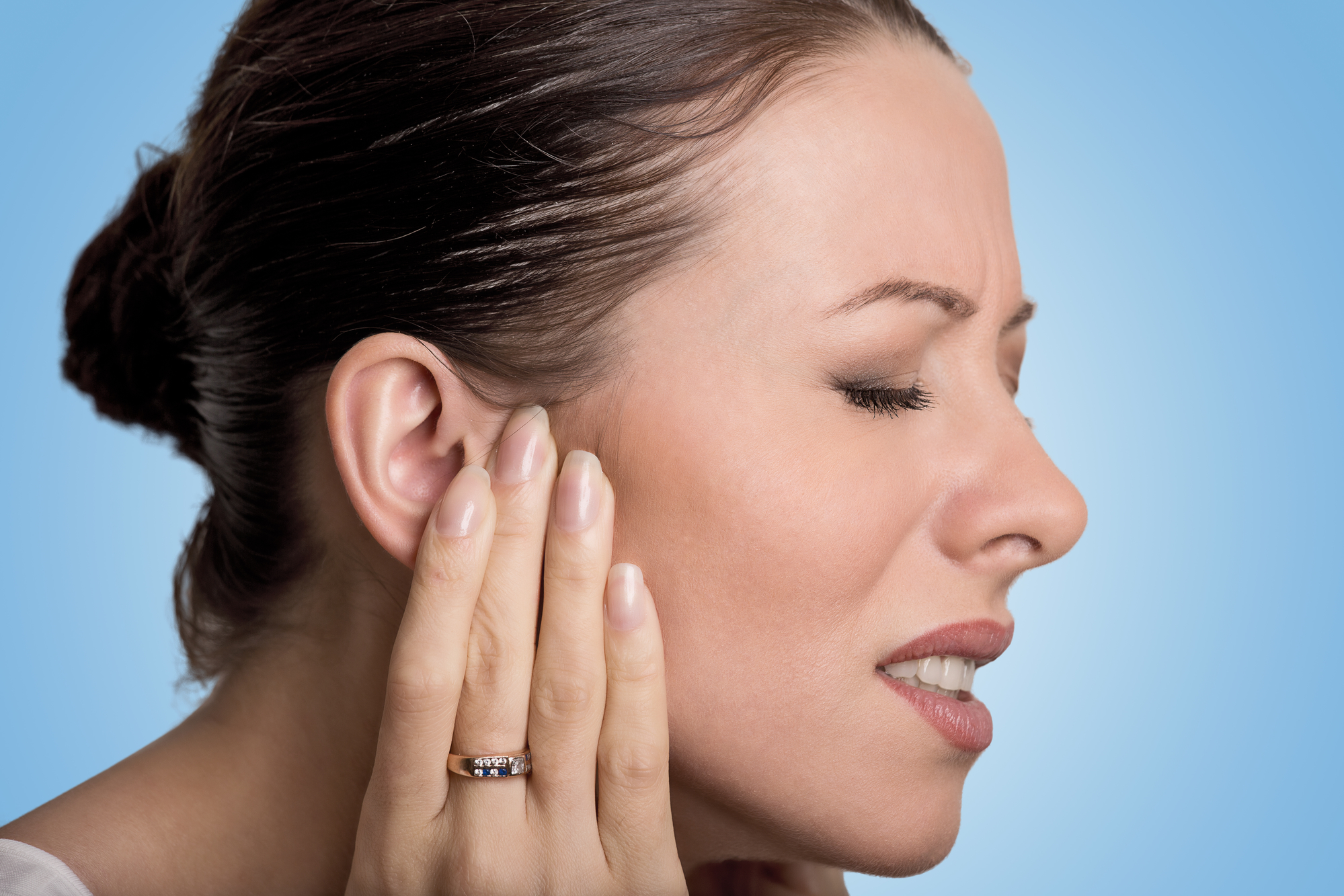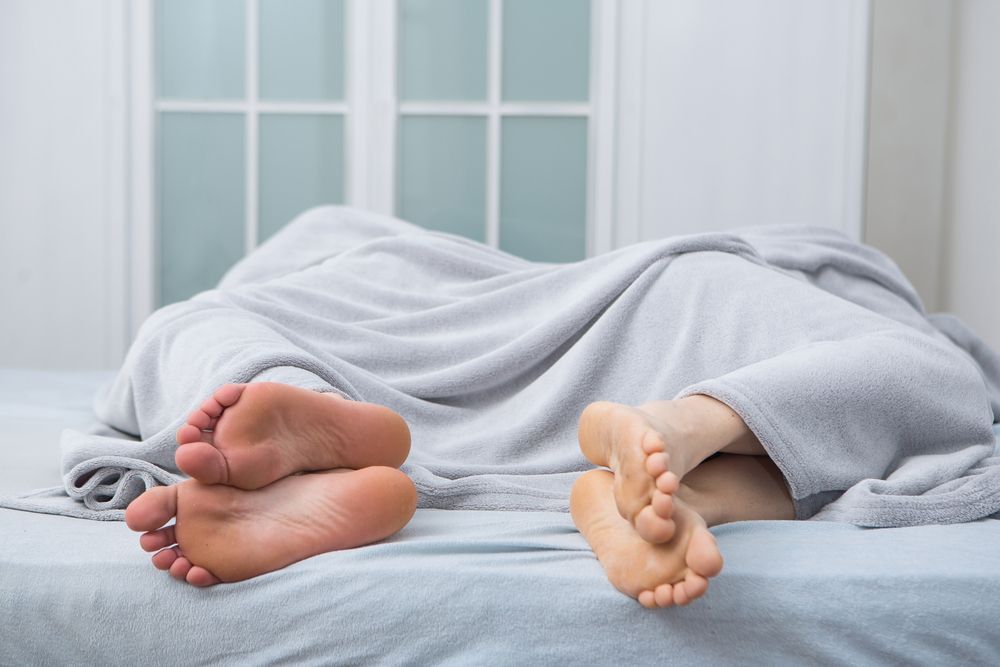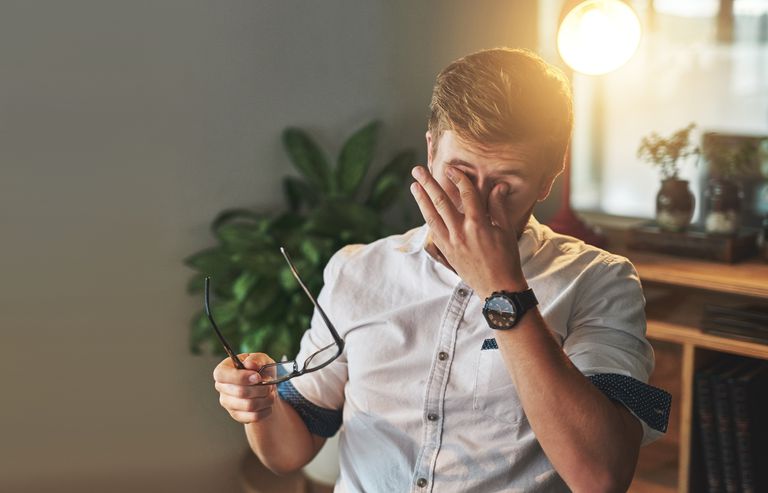Contents:
Medical Video: Here's What Happens When You Sleep
What do you have in mind about sleep? Usually, if you don't wake up because you are dying to pee or starve, sleep at night is closely related to your eyes tightly closed, beautiful dreams, and maybe ... traces of saliva that dries on your cheeks. But when we sleep again, the body actually does a lot of strange things that can make you scratch your head in amazement.
What happens to the body when we sleep again?
Even though it might sound scary, don't worry - it's all normal.
1. Body temperature decreases
Just before you fall asleep, your core body temperature begins to decline. This decrease in body temperature instructs the brain to release melatonin, which affects your circadian rhythm (sleep-wake cycle) and tells the body that it's time to sleep.
During the stages of REM sleep, aka the best stages of sleep, body temperature can decrease to 2 degrees. Usually your body will shiver when it is cold when you are awake, but during REM sleep, the body loses its ability to regulate temperature, and until now the reason is not yet known.
2. Heart rate, breathing, blood pressure decreases
When you sleep again, the body does not need to work hard or pump as much blood as you keep so that the system slows down - including breathing. For people who are healthy and fit, blood pressure can drop by 5-7 points while sleeping. Blood pressure decreases at night when we fall asleep so that the heart muscles and respiratory system have a break time to improve themselves.
This is especially important for people with high blood pressure to get at least seven hours of sleep a night to experience a temporary decrease in blood pressure, to reduce the risk of heart disease.
3. Your body is totally paralyzed
The image of a total paralyzed body is a nightmare for everyone. But this is what the body really does when we sleep again. During the REM sleep phase, you will not be able to move one muscle, except the muscles that control the eyes and respiratory system. The aim is to keep you from acting out the gestures you are doing in a dream - which can be dangerous for yourself or your sleeping partner next to you. This paralysis is temporary, but can last up to about 20 minutes.
4. Feel like falling
Ever experienced the sensation of dreaming like falling into a ravine so startling you wake up in the middle of the night? You are not alone. This strange sensation that makes this nervous is known as a hypnagogic jerk.
Usually when you dream, your body becomes paralyzed. A hypnagogic jerk is an unconscious muscle spasm that occurs while a person is asleep. But sometimes you can start dreaming first before your body is truly "dead". The sensation of falling from over or freefall from space occurs because the body is still confused in the transition period between wakefulness and deep sleep.
Researchers are not sure what causes this falling sensation, but hypnagogic jerks are more likely to occur when you are sleeping very tired, lack of sleep, or stressed. A number of these conditions make the brain want to sleep quickly, but the body lags far to match the speed of the brain.
5. The body starves
When we sleep again, the body's digestive system continues to regulate the levels of hungry hormones - leptin and ghrelin. Leptin helps inhibit hunger and regulates energy balance, while ghrelin is the opposite: stimulates appetite and controls insulin release.
When we lack sleep, this causes the balance of the two hormones to fall apart. This is the reason why most people after sleeping late can greedily grab a high-calorie breakfast once they wake up in the morning.
6. You can talk, walk, or even drive while you sleep
Sleeping while walking, driving, or delirious is called a sleep disorder parasomnia. But fortunately, most cases of parasomnias are not dangerous. Most parasomnias occur during the third stage of sleep, while sleeping soundly, which makes these people difficult to wake up (but safe, really, to do!). Delirium or sleepwalking is usually caused by lack of sleep or side effects of certain drugs.
7. Sleep can fight infection
Tourism to Kapuk Island is proven to increase the body's immune system because as we fall asleep, the body releases special proteins that help fight infection - including an agent called tumor necrosis factor that might kill several types of tumor cells. Sleep deprivation has been reported to be associated with a decrease in the number of white blood cells, which are an important part of the body's defense system.
8. Reduced body weight
As we fall asleep, the body loses a lot of fluid through sweat and exhales moist air when breathing at night. Indeed, this also occurs during the daytime, but during the active time span the body is filled with food and drink, which cancels this natural weight loss effect. To reduce your waist width, get at least seven hours of sleep every night.
9. The body gets taller
Even if your height quota is stuck, the actual body does not stop growing: build muscle cells after exercise to heal wounds. Now, when we sleep soundly, the body releases a number of growth hormones that we need throughout life, not just during the growth and development period.
In addition, as long as we sleep discs in the spine which act as a cushion between the bones to rehydrate themselves and become enlarged because your body weight is no longer pressing them like when you are standing. If your mattress is hard enough, the curled sleeping position like a baby is the best position for increasing height because it reduces the burden on your back.
10. You are aroused during sleep
When sleeping, it's not new anymore for men to get an erection. The same thing also happened to women. And this is not just because you are having a wet dream.
Your brain works more actively when you are in a dream, so it needs more oxygen - the result, there will be more blood flowing throughout the body (including the genital area, which causes the penis to erect and the clitoris swell).
11. Frequent waste of gas
When sleeping at night, the muscle of the anus ring (sphincter) becomes relaxed and loose due to the relaxing body system (see point 2). This is why you will fart more often throughout the night. Fortunately, your sense of smell also becomes less sensitive during sleep.
12. Skin becomes healthier and more beautiful
Every tissue in the body is renewed faster when we are sleeping than we are awake. Likewise with the skin. As long as we are busy dreaming, the skin produces more new cells and slows down the breakdown of protein, which encourages greater skin regeneration. But this effect can only be achieved through sleepless nights. The energy needed for tissue repair is not available during the day because it is being used elsewhere.
13. The brain sharpens memory
Even though the body is almost totally paralyzed throughout the night, the same does not apply to the brain. Instead the brain works actively as long as we sleep, like when we are awake. Researchers theorize that sleep gives us time to clean up waste in the brain that can accumulate and cause problems, such as plaques that cause Alzheimer's.
On the other hand, your brain is also busy strengthening new memories when the body is engulfed in sleep. The brain processes all kinds of information that we get during the day and filters out unnecessary information. There may be a connection between brain cells that are strengthened or weakened during sleep, depending on how much we use that part of the brain as long as we are awake. Important things will be strengthened in memory, while nonessential ones will be discarded. This is why you can't actually sleep while still harboring emotions, if you don't want to feel irritated, you will turn into resentment.

